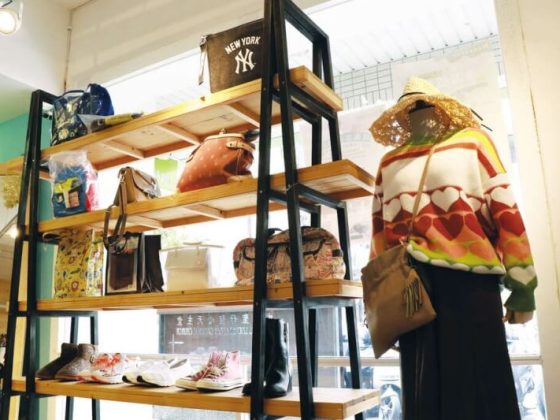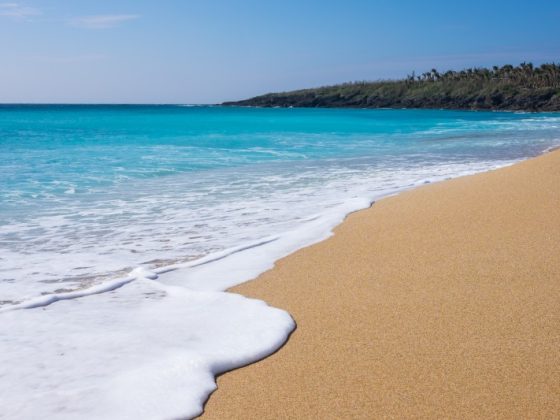Taiwan’s smallest main island county by area, don’t let Changhua’s (彰化縣) size fool you. 1.3 million people makes it the country’s most populous county, with its modern incarnation having been established in 1951 after separating from Taichung the previous year. The county is divided into two cities, six urban townships and 18 rural townships, with one of those rural townships being the southeastern Ershui (二水鄉). Its name literally means “two waters” which is a reference to the township’s two irrigation canals. Ershui is famous for picturesque scenery, hiking and biking trails, and its proximity to the Bagua Mountain Range. Here is a guide of what to do in and around the Ershui township. (See also: How We Divide Taiwan)
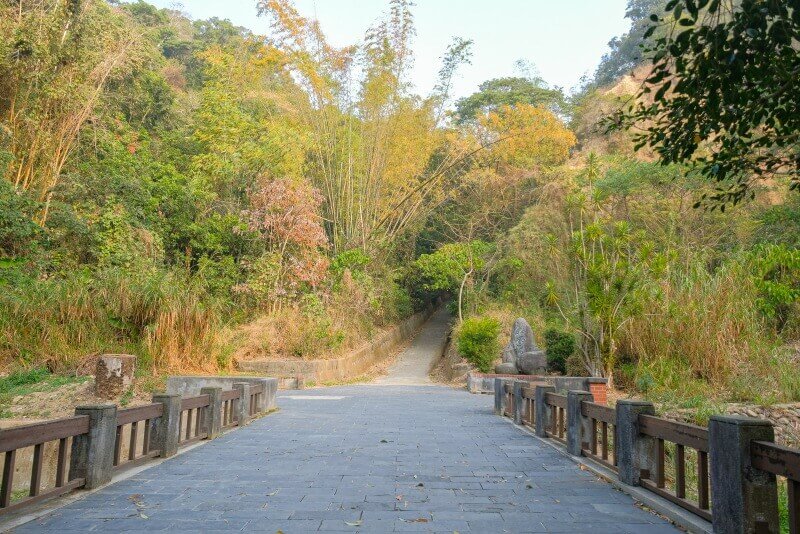
What to do in Ershui
Ershui Songbo Temple Trail (二水松柏廟步道)
A hiking trail that runs from Ershui township to Songbo Temple (松柏廟) in Nantou county (南投), this is approximately a 1.4km hike that’ll take around three hours, especially if you stop to admire the Formosan Macaques (but don’t get too close or feed them!). (If you love wildlife: In search of the elusive Formosan black bear in Taiwan)
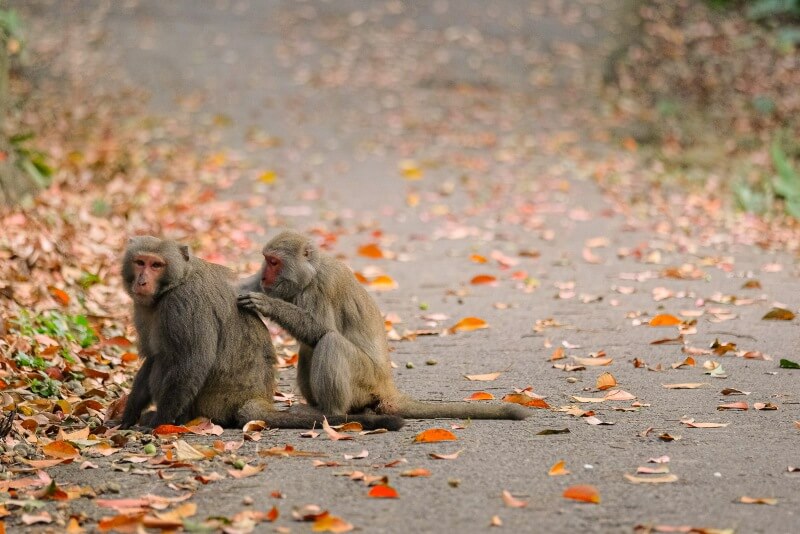
The trail head is at Fengbo Plaza (豐柏廣場), about a 20-minute walk (or a short taxi ride) from Ershui’s train station which you can get to via TRA train. Upon reaching the temple, you’ll be rewarded with great views of both Ershui and the surrounding parts of Changhua county. The temple itself has stood since Dutch rule in the 17th Century and is dedicated to the Zhenwu emperor (真武), a high-ranking deity in Taoism. (More temple exploration: Visit Chiayi: How to Do Xingang)
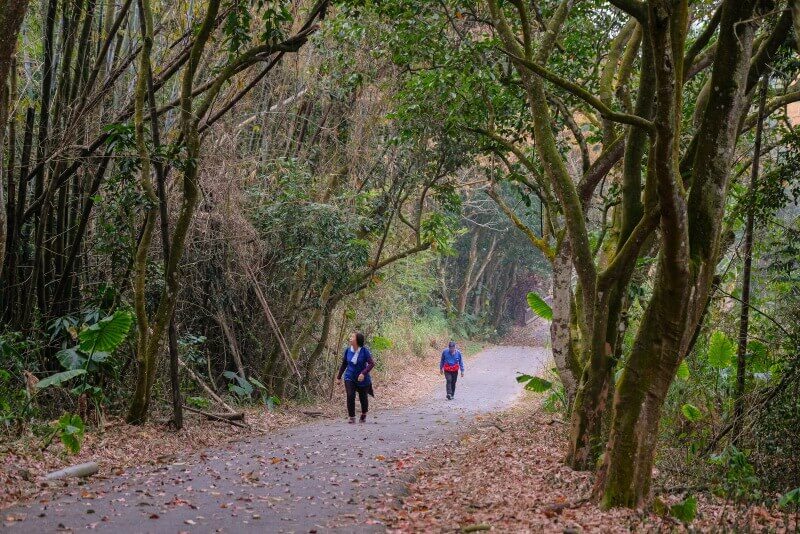
Rihua Bee Farm (日華養蜂)
Try your hand at beekeeping at Rihua Bee Farm, a producer of natural, quality honey. At the foot of Bagua Mountain (八卦山), the bees make their honey with nectar from a longan forest. Family-run over three generations, the farm sells several award-winning honeys, including one that ranked first in a national honey competition.
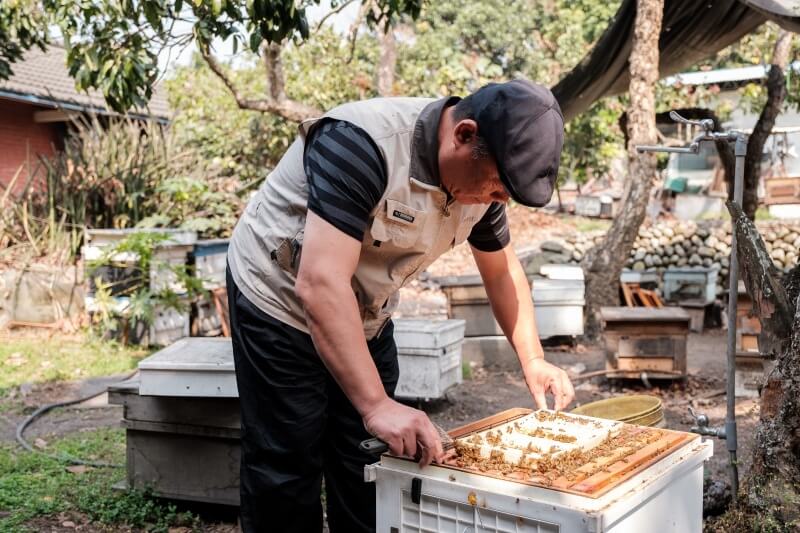
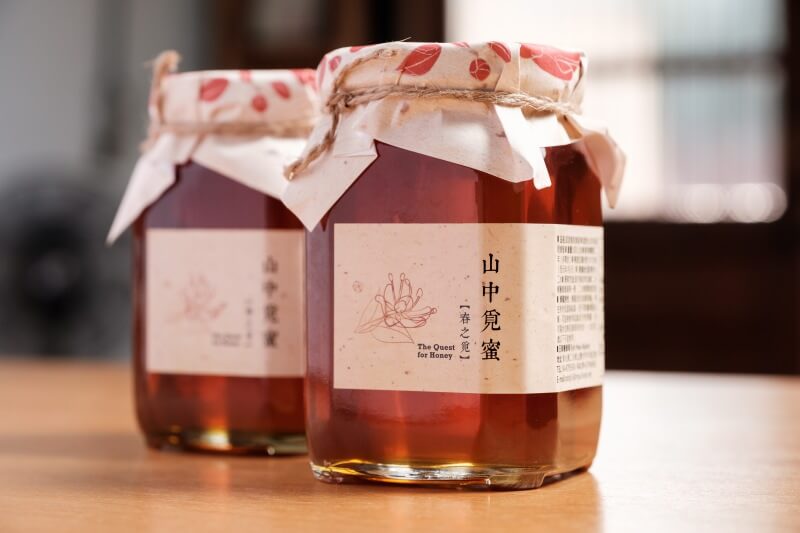
Tung Tso Ink Slab Art Museum (董坐石硯藝術館)
Luoshi Inkstones (螺溪石硯), named after the Luo River 螺溪 (now known as the Zhuoshei River 濁水溪) that passes through Erhsui, are internationally renowned. The stones found in the river are referred to as Loshi Stones and are unusually hard and abrasion-resistant compared to other stones. As a result, they are processed into ink stones, examples of which are on display at Tung Tso Ink Slab Art Museum, which in the past has been known to take exhibitions overseas. (Discover more local craft: Travel Deeper to Zhushan: A Eco-friendly Day in Bamboo Mountain)
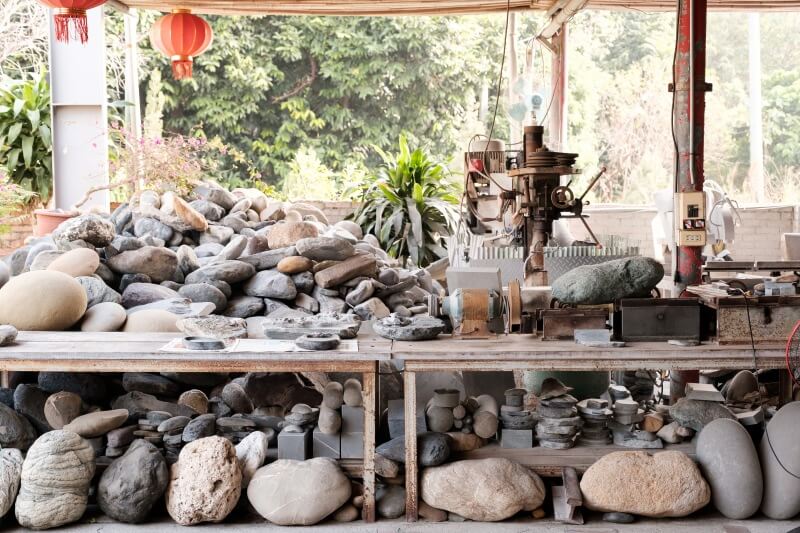
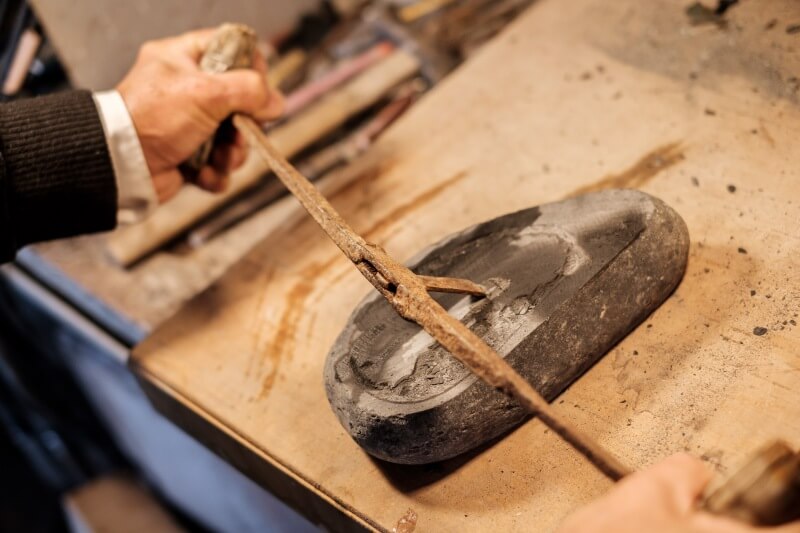
Da Qiu Yuan Community Farm (大丘園休閒農場)
Ever wanted to visit a loofah farm? Well, in Ershui you can do that at a real operating loofah farm. Pick your own loofah, make your own loofah scouring pad/shower loofah and even enjoy a tasty lunch where the main ingredient is, you guessed it, loofah. A member of the cucumber family, loofahs have many uses, but are particularly good for exfoliating and rubbing all the dead skin cells off your body.

Photo/Da Qiu Yuan Community Farm
Changnong Rice (彰農米糧)
Not just loofahs, Ershui also produces quality rice. In an idyllic setting, visit the Changnong rice farm to see a family-run farm operating firsthand and find out all about rice production and also learn some recipes for making tasty rice dishes.
How to get to Ershui
By train, you can get to Ershui Station on the TRA Western Line. You can take the HSR to Taichung or Chiayi (depending on your starting point) and then catch the train from there. Ershui is also accessible from Yuanquan Station (one stop from Ershui Station). If you’re driving, there are several routes you can take to Ershui, which you can find out about here.


